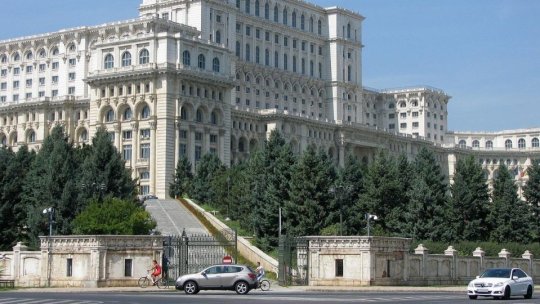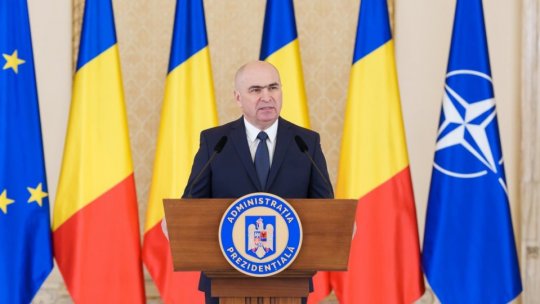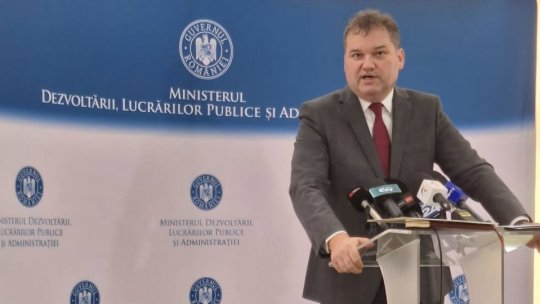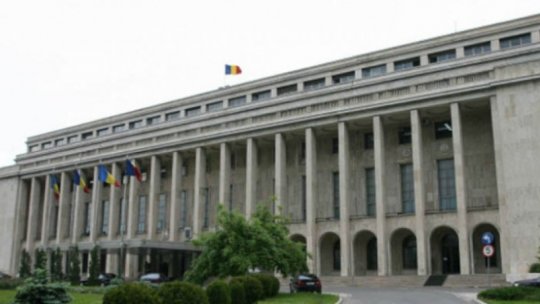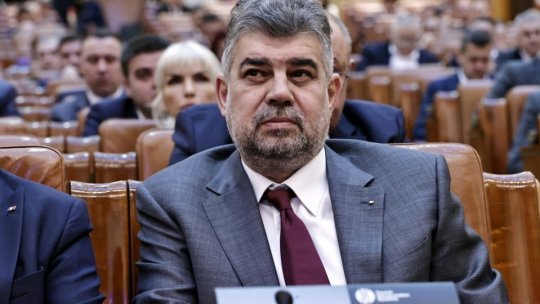The IMF Policy in Romania
The IMF board might approve the disbursement of the next payment, worth 900 million Euros, in mid January 2011. To this end, Bucharest must complete its assignment.
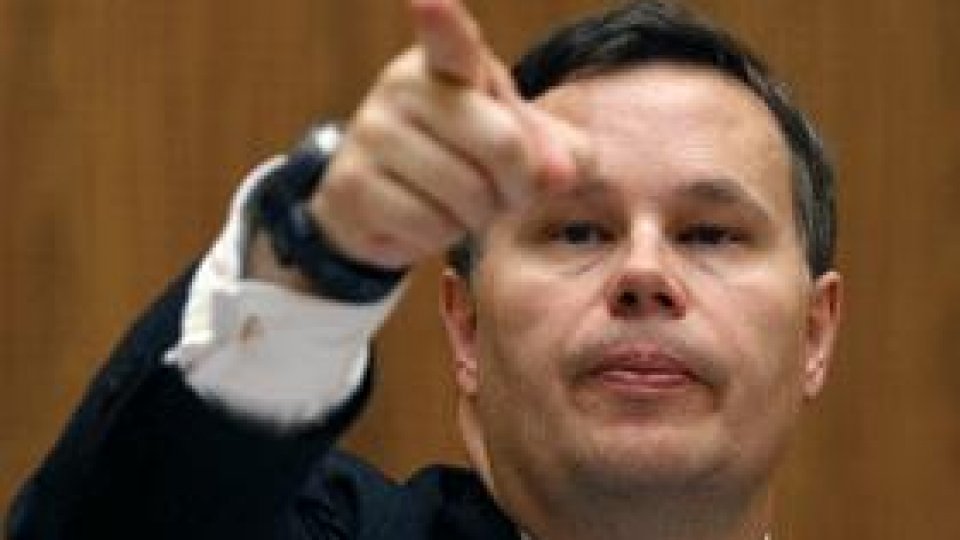
03 Noiembrie 2010, 16:36
The Head of the IMF delegation, Jeffrey Franks, made that forecast at the end of an assessment mission in Bucharest. Negotiations, which had some rough edges, finally made it to the point that Romanian authorities had hoped for.
The IMF board might approve the disbursement of the next payment, worth 900 million Euros, in mid January 2011. To this end, Bucharest must complete its assignment.
The priorities are: adopting the 2011 budget within the deficit parameters set under the agreement with the Fund, that is 4.4%, the enforcement of the single payment scheme law in the public sector and the enforcement of the pension law.
Authorities have also committed to repairing the blunder of ruling coalition MPs who mistakenly adopted measures that would have a negative impact on the budget, a VAT of only 5% on basic foods and tax exemption of pensions below 200 lei (460 euros).
Jeffrey Franks insisted on the need for Romania to meet budget deficit targets agreed on with the IMF both for 2011 and 2012. For this objective to be met, the austerity measures adopted by the government this past summer, must be kept in place.
They include salary cuts and layoffs in the public sector, as well as a predictable fiscal policy.
Jeffrey Franks said that constant changes of the fiscal system were not productive and they firmly encouraged the authorities to maintain a certain stability after making important steps in June and July to improve incomes and cut expenses. “Our advice for Romanian authorities is to keep their policies in place, away from major changes, for at least a year or two”- Jeffrey Franks said.
On the other hand, the IMF will further monitor closely the 10 loss-making public companies that have long amassed debts, most of them in the transport and energy sectors.
The fund has proposed the government to proceed to their restructuring, privatization or shutdown and conditions the continuation of the program by the spaced-out payment of arrears, after debts in the health care system have gone up since September, by another 1 billion lei (about 250 million Euros).
Whereas the government in Bucharest plays down certain differences in its relationship with the IMF, which are given coverage by Bucharest newspapers too, opposition parties remain critical of the Fund.
The latter parties accuse the IMF of putting pressure on the government and the government of letting itself bossed around by the IMF. Liberals say that the Fund has allegedly taken note of the fact that part of the budget deficit is hidden within arrears, which means that Finance Ministry figures are not the real ones.
That is seen as a cause of the tense talks between the IMF delegation and local authorities. Social democrats also believe that the Fund needs additional guarantees from the government regarding the commitments made.
The Social Democratic Party takes an extra step accusing the head of the IMF mission Jeffrey Franks of outrunning his prerogatives and going past the limits of the official framework within which he is normally expected to perform.
A Social-Democrat deputy has even called on the IMF board in Washington to fire the chief negotiator for Romania. The Social Democrats’ anger was mainly sparked by the insistence with which Franks had called for the amendment to a recently passed law, which regulates credits given by banks to the population.
(Radio România Internaţional, Serviciul în limba engleză).

